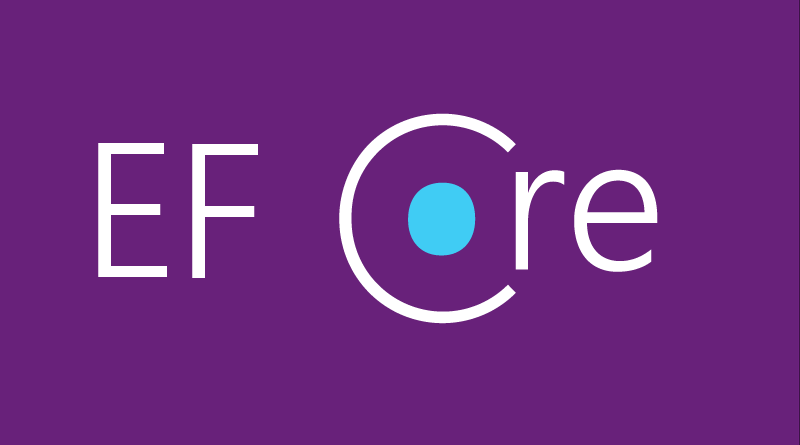The decision between IEnumerable, List, and IList in C# is determined by your individual use case and requirements. Each of these categories serves a distinct purpose, and your selection should be dependent on your performance and optimization requirements. Let’s talk about when to employ each and what it means in terms of time and space complexity.
IEnumerable
When working with a succession of elements with no fixed order or enabling postponed execution, use IEnumerable.
It displays a collection with a forward-only, read-only cursor.
Example
IEnumerable<int> numbers = new List<int> { 1, 2, 3, 4, 5 };
foreach (int number in numbers)
{
Console.WriteLine(number);
}
Performance and Optimization
- IEnumerable is suitable when you don’t need to modify the collection, and you can leverage deferred execution to optimize your operations.
- It may be more memory-efficient because it doesn’t store the entire sequence in memory.
- The time complexity for operations like enumeration and filtering is O(n), where n is the number of elements.
List
- Use List when you need a collection that allows duplicates, and you frequently need to access elements by index.
- Lists are essentially dynamic arrays, and they provide efficient random access.
Example
Performance and Optimization
- The list is optimized for indexed access, so retrieving an element by index has a time complexity of O(1).
- However, if you frequently modify the list by inserting or removing elements in the middle, these operations can be O(n) because elements need to be shifted.
- Lists have a relatively higher memory overhead due to maintaining a dynamically resizing array.
IList
- Use IList when you need a collection with more functionality than IEnumerable but don’t want to commit to a specific implementation, allowing flexibility in choosing the concrete type.
Example
Performance and Optimization
- The performance characteristics of an IList depend on the actual implementation you use (e.g., List, ArrayList, or a custom implementation). So, it can vary.
Terms of time and space complexity
- IEnumerable is generally more memory-efficient when used with deferred execution, as it doesn’t store the entire collection in memory. It has a linear time complexity (O(n)) for enumeration and filtering operations.
- List offers fast random access (O(1) time complexity) but may consume more memory due to its dynamic array structure.
- IList is a more general interface, and its performance depends on the underlying implementation. It may offer various trade-offs depending on the specific collection class used.
Conclusion
The choice between IEnumerable, List, and IList depends on the specific needs of your application. Consider the use case and performance requirements to select the most appropriate collection type for your situation.
Best and Most Recommended ASP.NET Core 8 Hosting
Fortunately, there are a number of dependable and recommended web hosts available that can help you gain control of your website’s performance and improve your ASP.NET Core 8 web ranking. HostForLIFEASP.NET is highly recommended. In Europe, HostForLIFEASP.NET is the most popular option for first-time web hosts searching for an affordable plan.
Their standard price begins at only € 3.49 per month. Customers are permitted to choose quarterly and annual plans based on their preferences. HostForLIFEASP.NET guarantees “No Hidden Fees” and an industry-leading ’30 Days Cash Back’ policy. Customers who terminate their service within the first thirty days are eligible for a full refund.
By providing reseller hosting accounts, HostForLIFEASP.NET also gives its consumers the chance to generate income. You can purchase their reseller hosting account, host an unlimited number of websites on it, and even sell some of your hosting space to others. This is one of the most effective methods for making money online. They will take care of all your customers’ hosting needs, so you do not need to fret about hosting-related matters.






